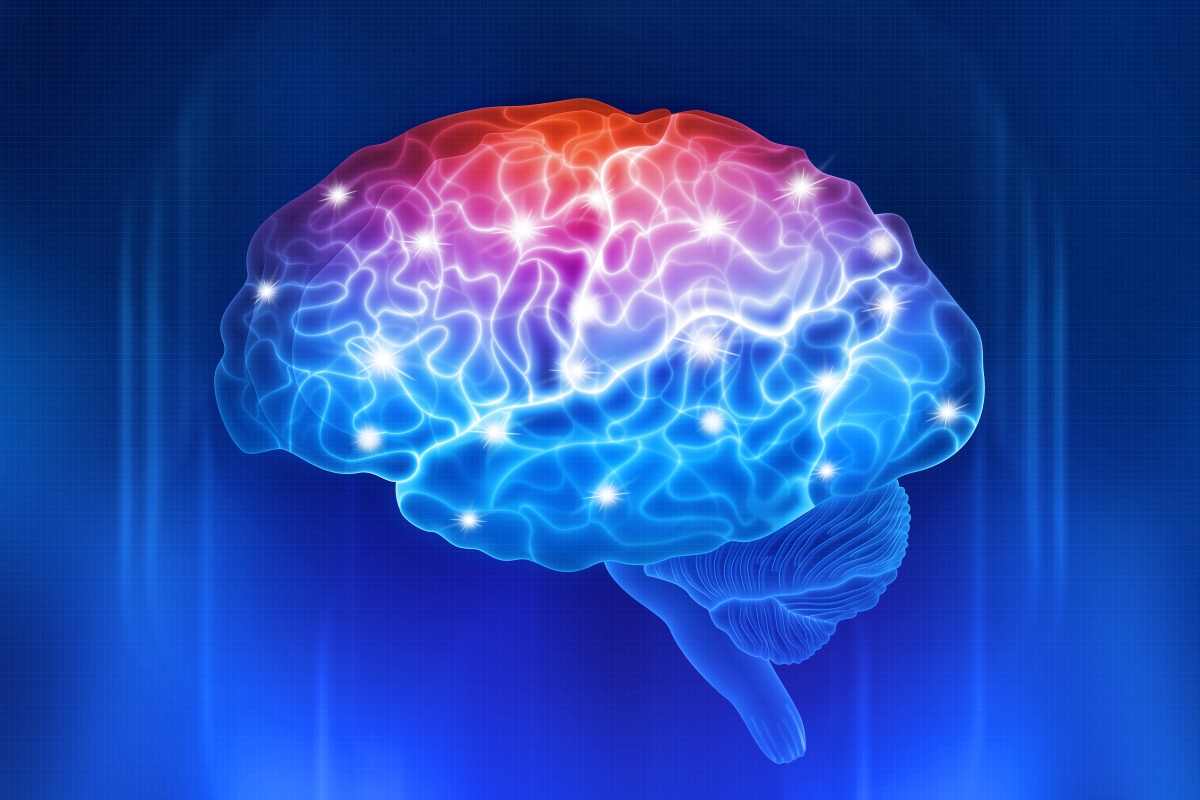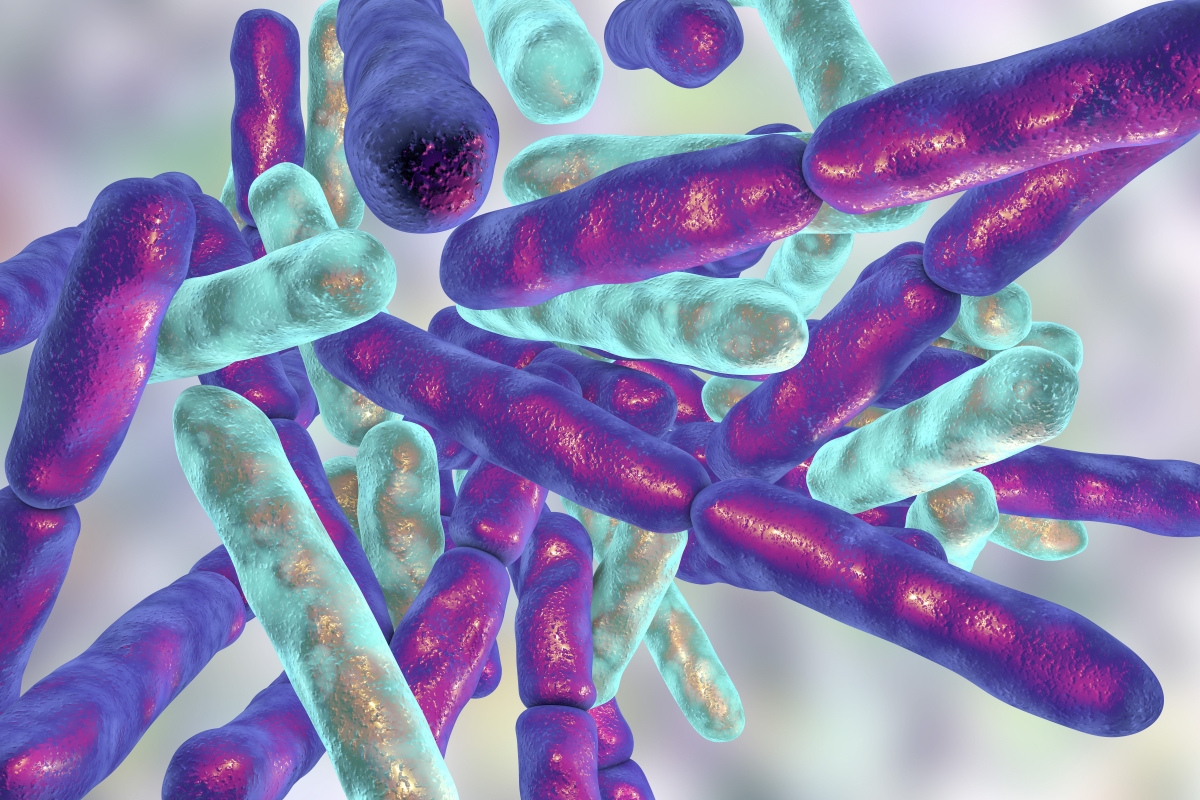Microbial metabolites tune amygdala neuronal hyperexcitability and anxiety-linked behaviors
The correlation between gut microbiota composition and anxiety behavior
This research investigates the correlation between gut microbiota composition and anxiety behavior, with a particular focus on the neural mechanisms involved. In male C57BL/6J germ-free (GF) mice, an increase in anxiety-related behaviors was observed, which correlated with elevated expression of the immediate early c-Fos gene in the basolateral amygdala (BLA). This increase was accompanied by heightened intrinsic excitability and spontaneous synaptic activity in BLA pyramidal neurons, attributed to diminished small conductance calcium-activated potassium (SK) channel currents. Furthermore, colonization of GF mice with live microbes or administration of the microbial-derived metabolite indoles reversed the alterations in SK channel activity, subsequently reducing anxiety behaviors. These findings suggest a molecular mechanism through which gut microbiota and their metabolites influence neuronal function in the BLA, linking microbial regulation to evolutionary conserved defense mechanisms related to anxiety in mammals. [NPID: Microbiota, anxiety, basolateral amygdala, metabolites, germ-free, metabolite indoles]
Year: 2025
 Navigation
Navigation








